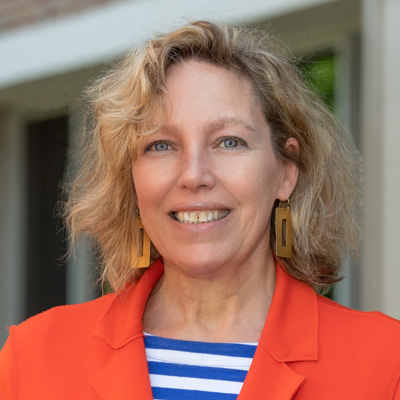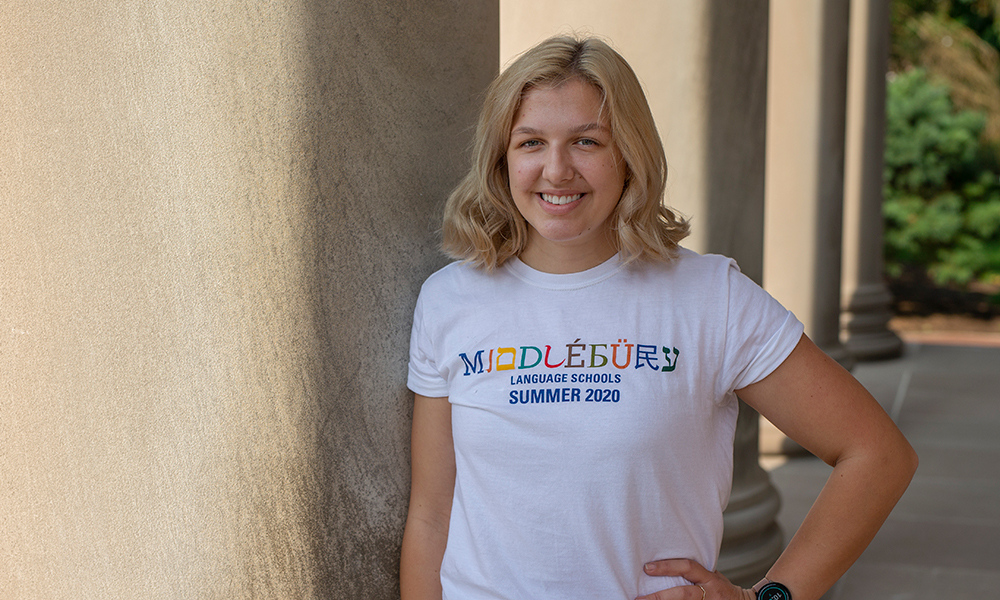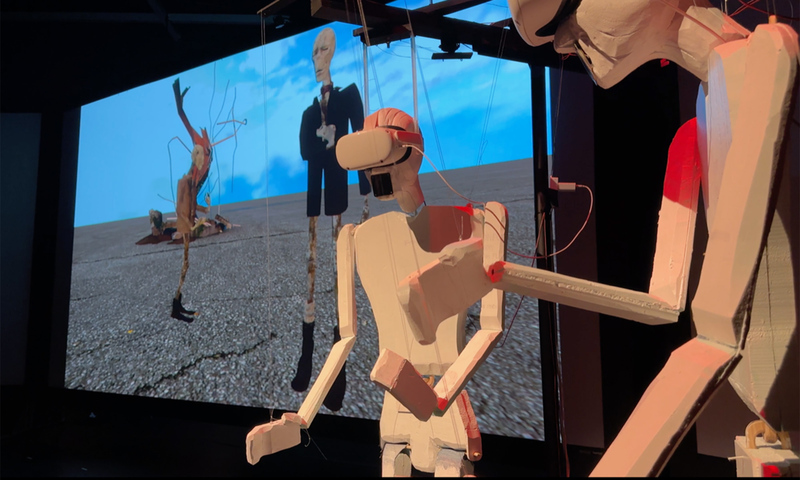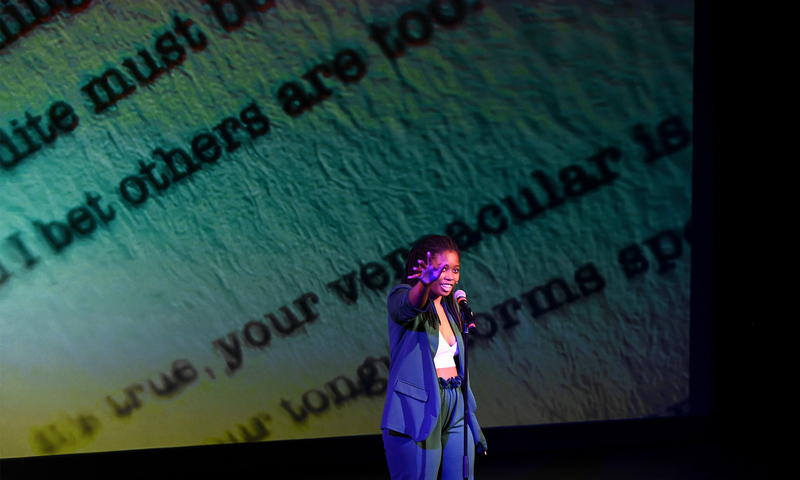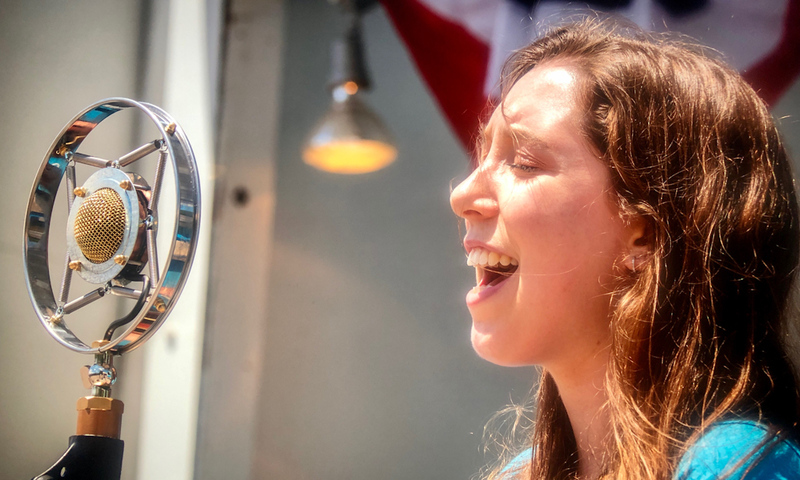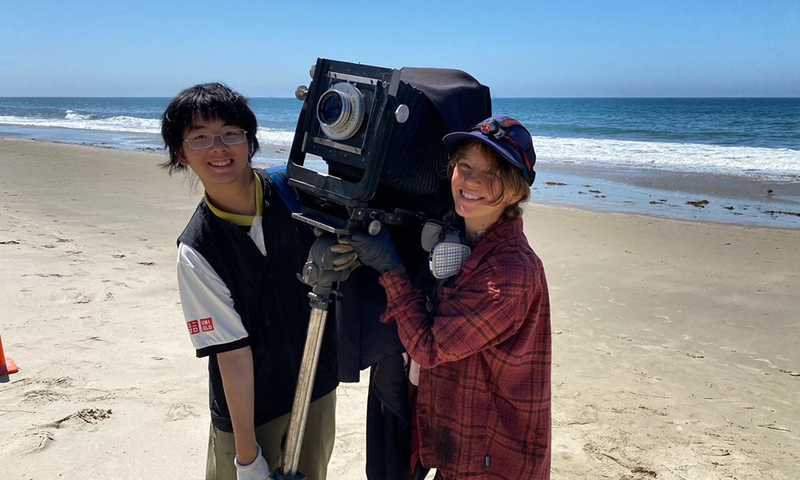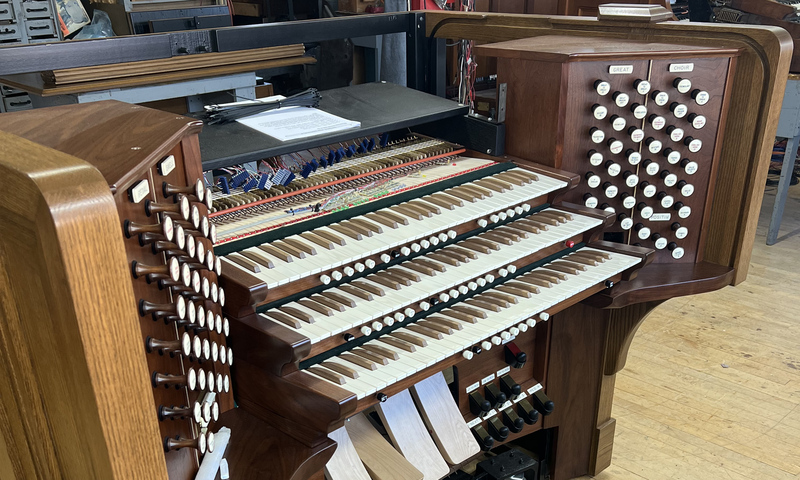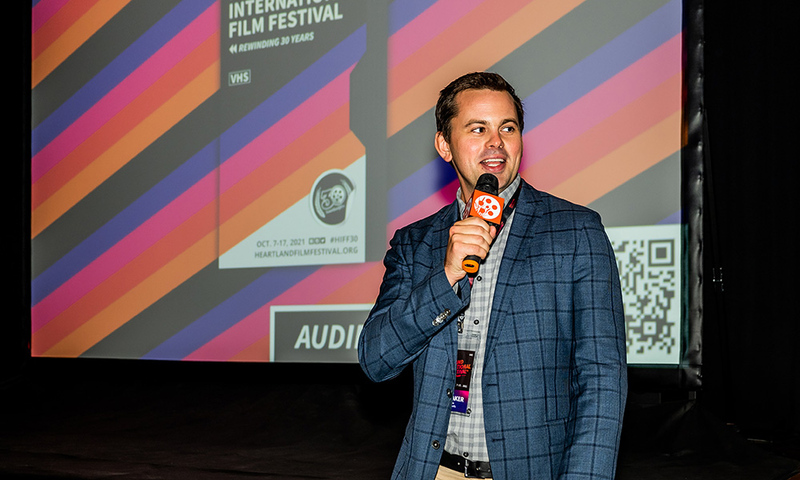In the summer of 2020, deep in the mire of COVID-19, Bridget Koerwitz ’21 tackled the most difficult thing in her life so far — squeezing four semesters of Arabic language instruction into eight short weeks. Here’s how she did it.
“There was nothing like this summer. It’s the hardest thing I’ve ever done, professionally, personally, or academically,” says Koerwitz about her summer intensive through a rigorous program at the Middlebury Arabic Language School.
She had to be fully committed to the program, pledging to communicate with her peers and teachers only in Arabic for the duration. The total immersion — linguistically and culturally — quickly built her language skills.
“Everything I did suddenly revolved around Arabic. I spoke it at the dinner table. I watched the news in Arabic. My phone language was set to Arabic. My summer became focused on one goal: total immersion and mastery of the Arabic language.”
On a normal class day, Koerwitz would prepare her lessons for three to four hours prior to class. Class lasted six hours each day. The course began with letters and sounds, progressed to writing, and developed listening skills as well. After class, Koerwitz had four to five hours of homework every night.
“At the most intense point of the program, I was studying Arabic for 70-80 hours per week. In eight weeks, I went from knowing zero Arabic to becoming a conversational intermediate speaker.”
“Everything I did suddenly revolved around Arabic. I spoke it at the dinner table. I watched the news in Arabic.”
Alongside the heavy course load, she connected to her language culturally. Intrigued by manuscript and handwriting, Koerwitz joined the calligraphy club and created calligraphic pieces of art that reflected Arab culture and expression. Friday nights were reserved for Arabic film screenings where she was exposed to both cultural ideas and language “in action.”
“I was able to delve into the coursework and curriculum like never before,” says Koerwirz. “The Arabic language captured me and surrounded me. It was fascinating to look back and realize that I had grown so much in comparatively so little time.”
Koerwitz hopes to teach English in the Middle East and North Africa regions. Upon graduation, she will have earned her CELTA teaching certification for teaching non-English speakers. At first she hopes to teach in Morocco for its beauty of landscape and conglomeration of culture, then she hopes to move to the Middle East, elevating English education for women and girls.
“I learned Arabic so that I could better relate to my future students. How can I teach English if I don’t know Arabic? How could my teachers have taught me Arabic if they didn’t know English? The completion of this program will aid in my ability to relate to my future students.”
“My time at Denison has definitely contributed to my future goals of teaching English abroad. The mentors and support that I’ve found at the college have encouraged me. Denison enables its students to follow diverse paths and continuously challenge themselves the way that learning Arabic has challenged me.”
In February 2020, Bridget Koerwitz, an Art History and Visual Culture and English Literature double-major, Latin minor, was accepted into the Middlebury Institute of International Studies’ Summer Intensive Language Program for Arabic. In the midst of the Coronavirus pandemic, the Monterey program was canceled. Koerwitz, funded by the Horizon Grant for co-curricular experiences, was determined to learn the Arabic language. After transferring to the Vermont Middlebury Language Schools’ Arabic program (remotely), she succeeded.
